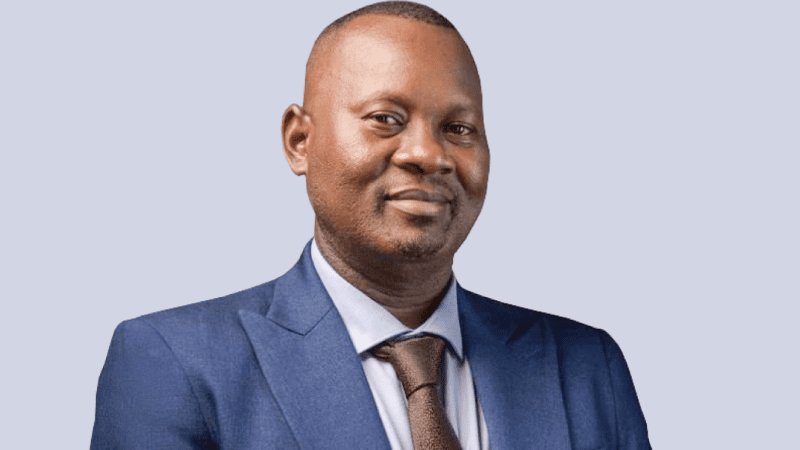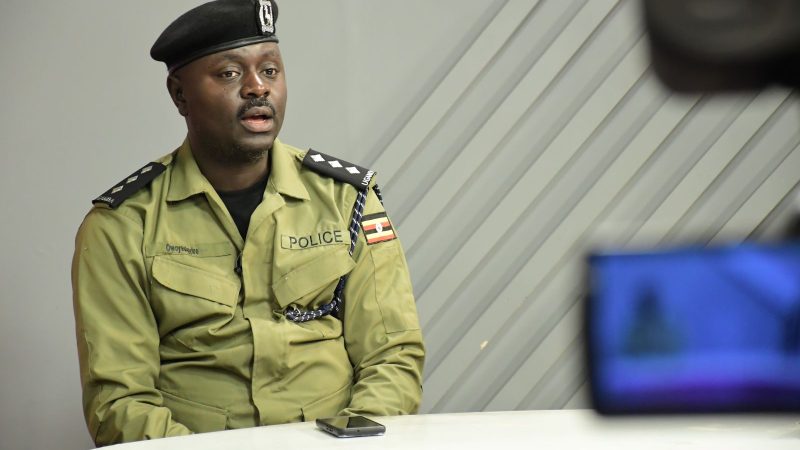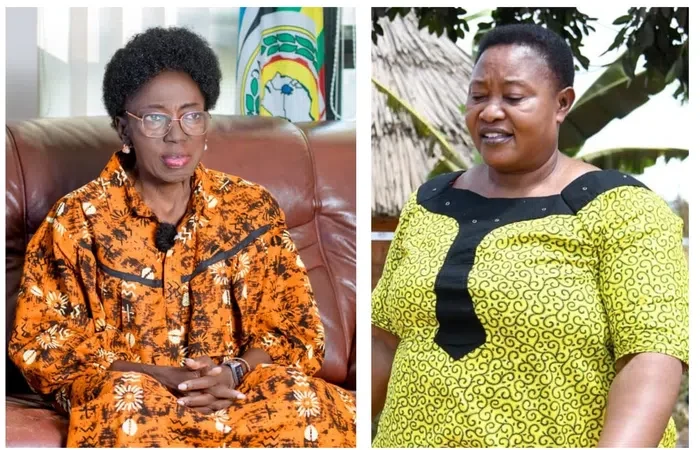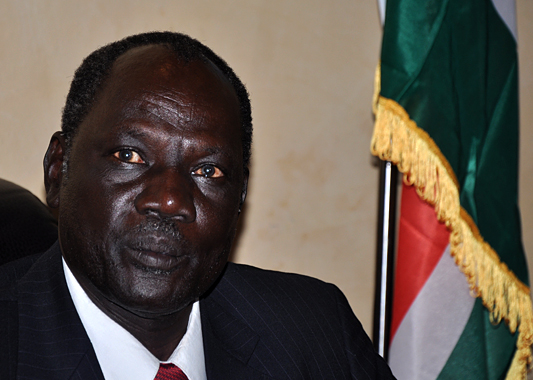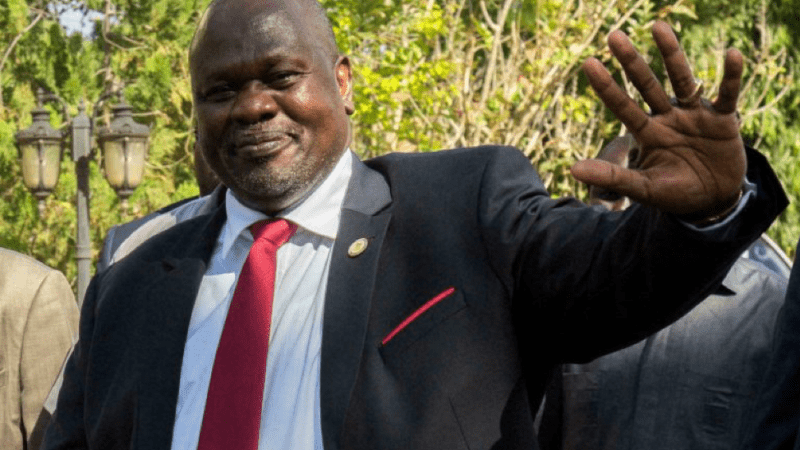The Minister of Information, Communication and Postal Services, Michael Makuei Lueth, on Tuesday, reassured the country that there will be no further extensions of the transition period in the future.
The signatories to the revitalized peace agreement in August last year agreed to extend the transition period by 24 months and the extension commences on 23 February.
Makuei was addressing a press conference in Juba convened by the High-Level Standing Committee representing the Parties to the Revitalized Agreement on the Resolution of the Conflict in the Republic of South Sudan (R-ARCSS) to clarify, inform and update the country, region, and International Community on the transition of the R-TGoNU from the 36 months Transitional Period provided for under Article 2.3.11.1.2 of the R-ARCSS which ends on the 22 February 2023 to the 24 months Extended Transitional Period provided for under Article 4.4 of the roadmap ending 22 February 2025, with elections to be held in December 2024.
Makuei said that rumors abound that people in government want to extend their stay in power and perpetually extend their mandate but that it was not the case and that there will be no further extension of the transition period.
“There are a lot of doubting Thomases who say that what ask what happens if the roadmap is not implemented. Those who ask this question say that this is a government of people who have decided to rule, they are not ready to step down for elections, they are obstructing all the time and delaying the implementation because they want to extend again and that is what they have in mind,” Makuei said. “Let me assure you that this time we are implementing and we are going for elections in time. There is no question of a revitalized roadmap as some of you have been putting it.”
“So, if you are ready for election be ready for the elections,” he added.
No changes in government structure
Makuei also dispelled rumors that there will be changes in the structure of the government as the 24 months extension of the transitional period kicks off on 23 February.
“People have been receiving so many wild rumors and this is the root cause of this press conference. There have been a lot of wild rumors that the parliament will be dissolved and it will be reduced to 250 members and that the vice presidents will be reduced to two and that James Wani Igga will be going to the parliament and that the executive will be reduced to 19 and so forth. There are so many wild rumors,” he said. “We are not touching any parts of the provisions of the agreement, we are not violating the agreement but extending the period only in order to enable us to implement the unimplemented parts, that is all.”
Arms embargo stifling implementation of the peace deal
Regarding the arms embargo, Minister Makuei complained that it has been the biggest stumbling block to the implementation of the security arrangements as forces have graduated without firearms.
“A soldier is not a soldier as long as he or she is not in full uniform and has no rifle. Those we graduated with sticks are the ones that the international community is now telling us to deploy,” he charged. “Okay, we will deploy them with sticks but will they protect you? There will be no difference between them and myself who is not armed. Our appeal to the international community is to reconsider that arms embargo so that we arm these soldiers and deploy them.”
“The only item remaining is the arms embargo which is an obstacle and will continue to be an obstacle as long as it is not lifted and to me, this is an obstruction of the implementation of the agreement,” Makuei added.


